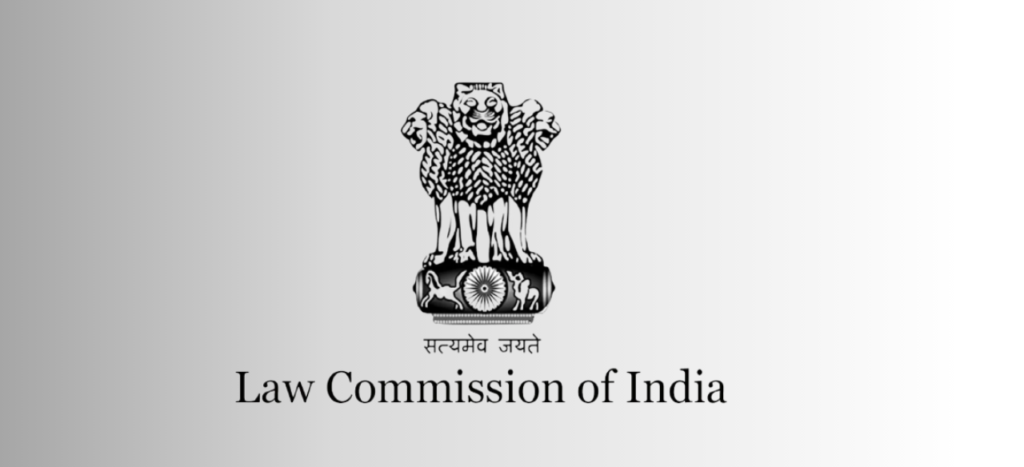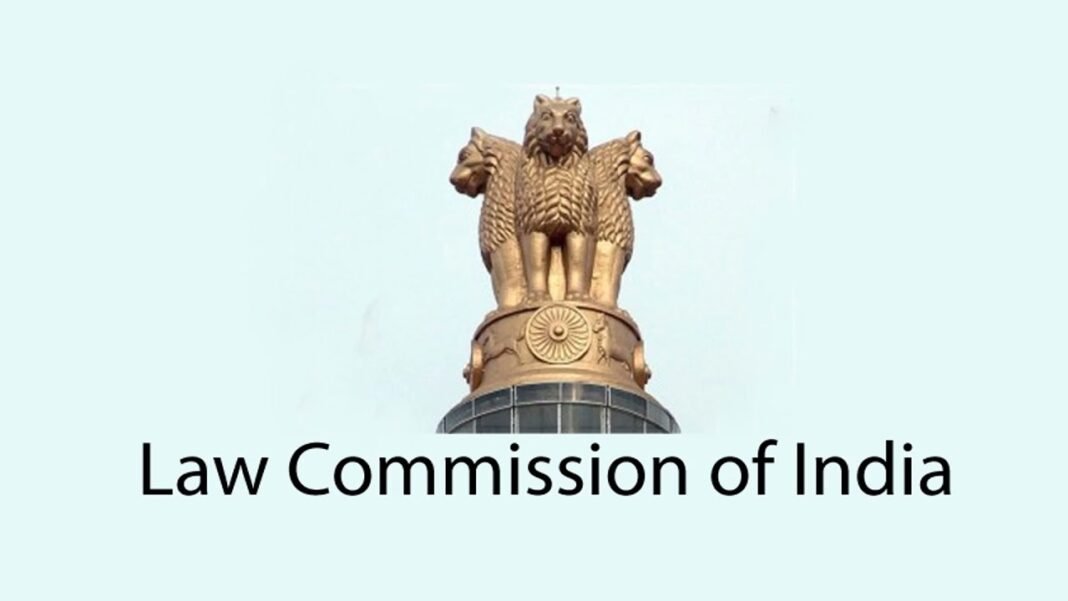The Law Commission of India is a body created by the Government of India to engage in legal reform. Its objective is to recommend changes in the law to the government with a view to simplifying and modernizing it. The commission is headed by a chairman and comprises a small secretariat. The commission was first set up in 1955 and has been in operation for over six decades.

It has been instrumental in bringing about several major changes in the law, including the abolition of the death penalty, the introduction of uniforms civil code and the decriminalization of gay sex. The Law Commission is currently chaired by Justice B.S. Chauhan, a former judge of the Supreme Court of India.
What is the law commission of india?
The Law Commission of India is an autonomous body constituted by the Government of India from time to time, which advises on legal matters and proposes legislative reforms.
The Commission consists of a Chairman and such other members as the Central Government may appoint. The term of office of the Chairman and members is three years.
The present Commission was constituted on 1 September 2013 with Justice A. P. Shah as its Chairman. Other members are: Ms. Indu Malhotra, Dr. Bimal N. Patel, Ms. Rani Jethmalani, Ms. Lovleen Bains, Ms. ArchanaPathak Dave and MrBadri Narayanan (Secretary).
Who appoints the members of the commission?
The President of India appoints the Chairperson and members of the Commission. The Chief Justice of India appoints the Vice-Chairperson from among the members of the Commission.
What are the powers and functions of the commission?
The Commission is a highly respected body which has played a pivotal role in the development of the law in India. Its primary function is to keep the law under review and to recommend reforms where it considers it necessary.
In addition to its work on reform, the Commission also undertakes research and publishes reports on a wide range of legal topics. These reports are widely respected and have often been instrumental in bringing about change.
The Commission comprises a chairman and four members, all of whom are eminent jurists. The chairman is appointed by the President of India, while the members are appointed by the Chief Justice of India from among judges of the Supreme Court or High Courts.
The Commission enjoys a high degree of autonomy and its recommendations are not binding on the Government. However, in practice, the Government has invariably accepted and acted upon the majority of the Commission’s recommendations.
What are the types of reports submitted by the commission?
The Law Commission of India is a non-statutory body constituted by the Government of India from time to time. It comprises a chairman and such other members as the Central government may think fit. The Commission is serviced by the Department of Legal Affairs of the Ministry of Law and Justice.
Its primary function is to recommend reforms in existing laws and legislations. The Commission also undertakes comparative studies of laws of other countries on specific subjects with a view to recommending reform in Indian laws. The Commission consults all stake holders while preparing its reports and finally submit them to the Central Government. After due consideration, suitable action is taken on the recommendations made therein by introducing amendments in Parliament or issuing ordinances, as the case may be.
The types of reports submitted by the commission are:
- Reports on substantive topics like company law, family law, intellectual property rights etc. which recommend changes in existing law or propose new legislations;
- Reports on procedural topics like arbitration, criminal procedure etc. which recommend changes for streamlining procedures without affecting substance;
- Reports providing solutions to specific problems referred to it by the Government e.g. problem of overcrowding in prisons;
- Research studies undertaken at the instance of Government e.g. study on impact of economic reforms on access to justice; and
- Occasional papers commenting on specific issues e.g., paper discussing whether judges should declare their assets publicly.
What are the challenges faced by the commission?
The Law Commission of India is a statutory body created by an Act of Parliament. The primary function of the Law Commission is to keep the law under review and to recommend reforms whenever it appears that the existing law is inadequate or unsatisfactory.
The commission faces a number of challenges in performing its functions effectively. Firstly, the commission does not have its own secretariat and relies heavily on the support of the Ministry of Law and Justice. Secondly, the commission does not have adequate financial resources and has to rely on external funding for most of its activities.
Thirdly, the members of the commission are not full-time employees and have other professional commitments which limit the amount of time they can devote to commission work. Lastly, the political environment in India is such that reform proposals often face significant opposition from vested interests and are not always enacted into law even when they are unanimously recommended by the commission.
Also Read: How To Get Home Loan In India

